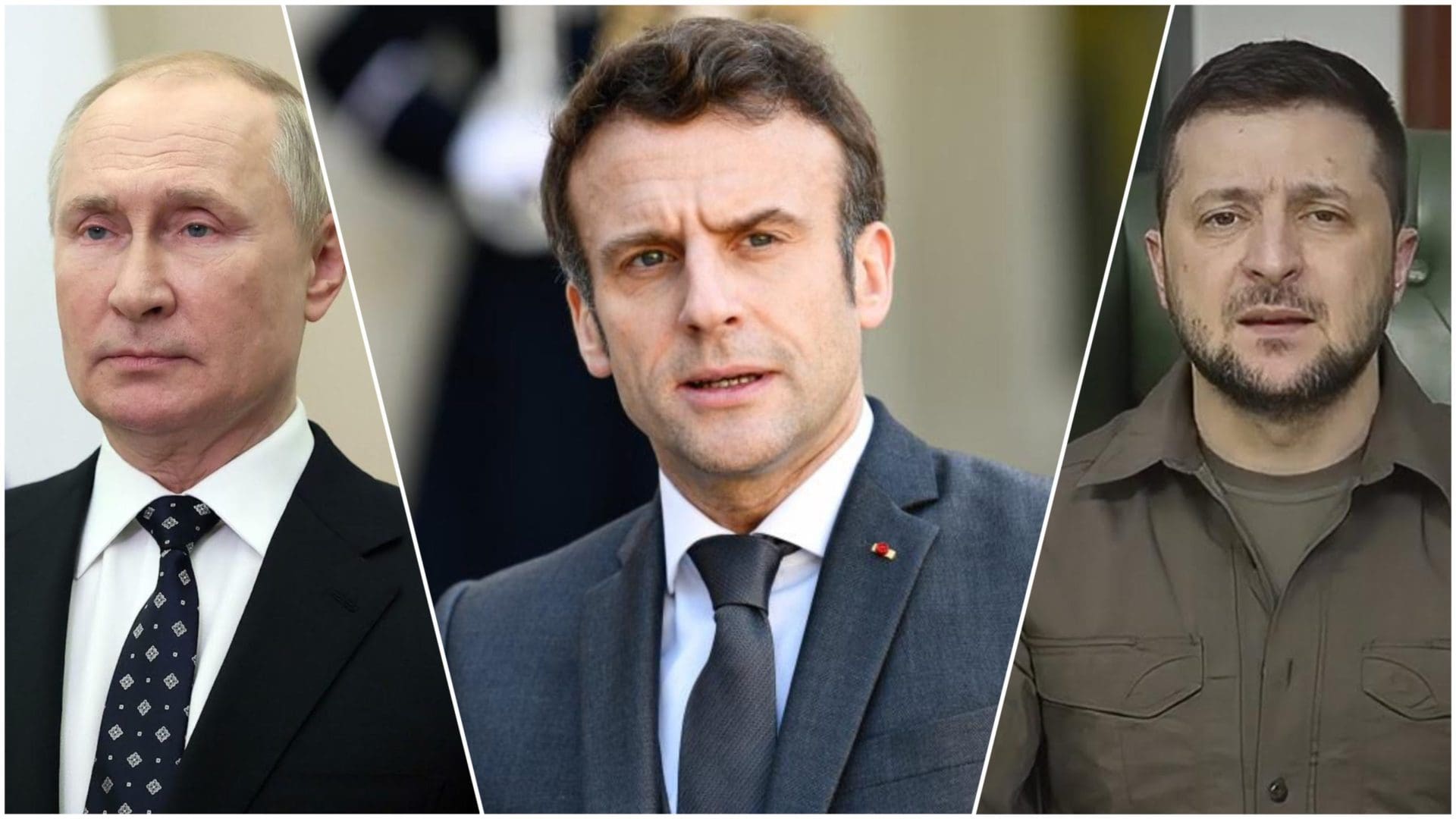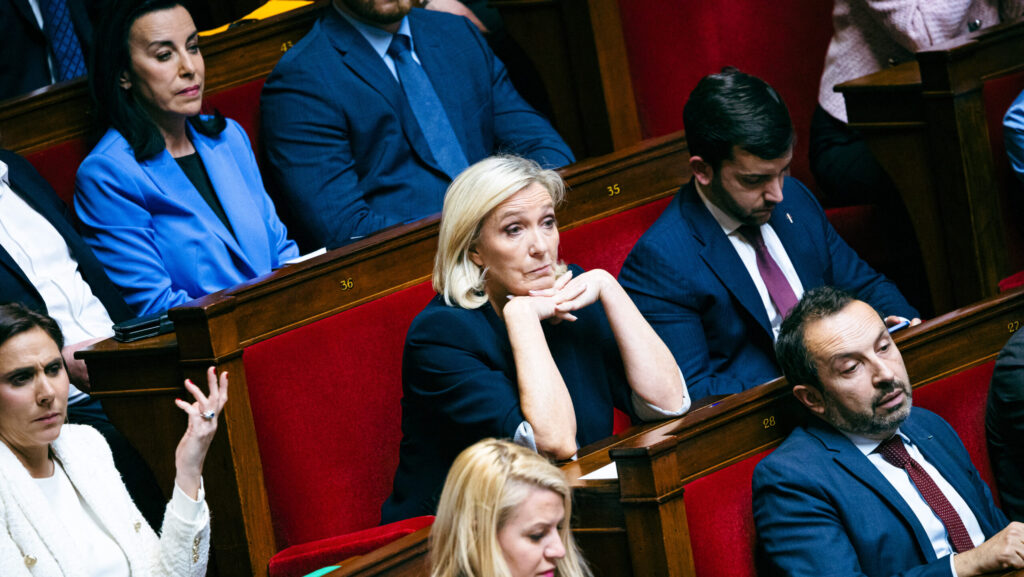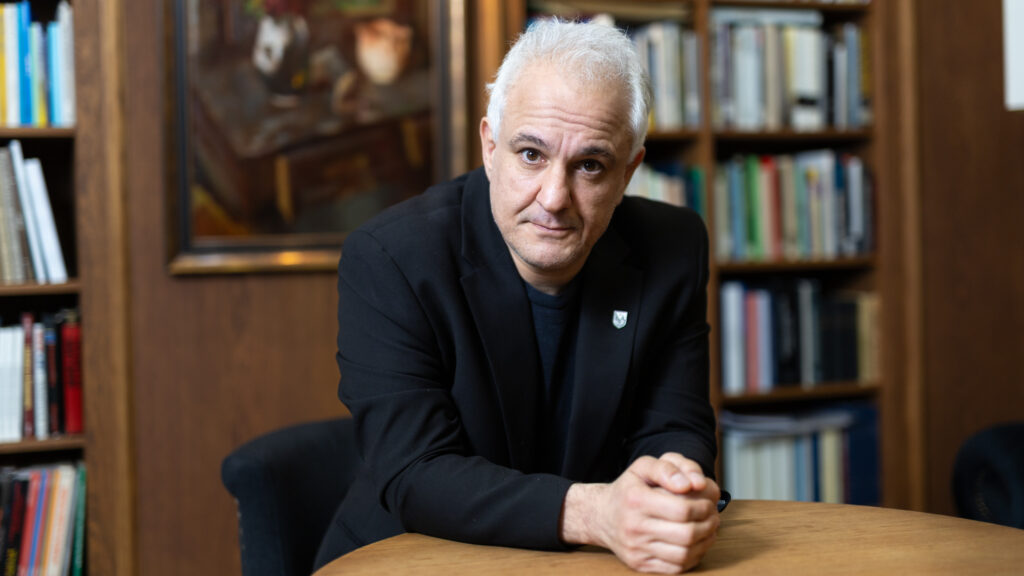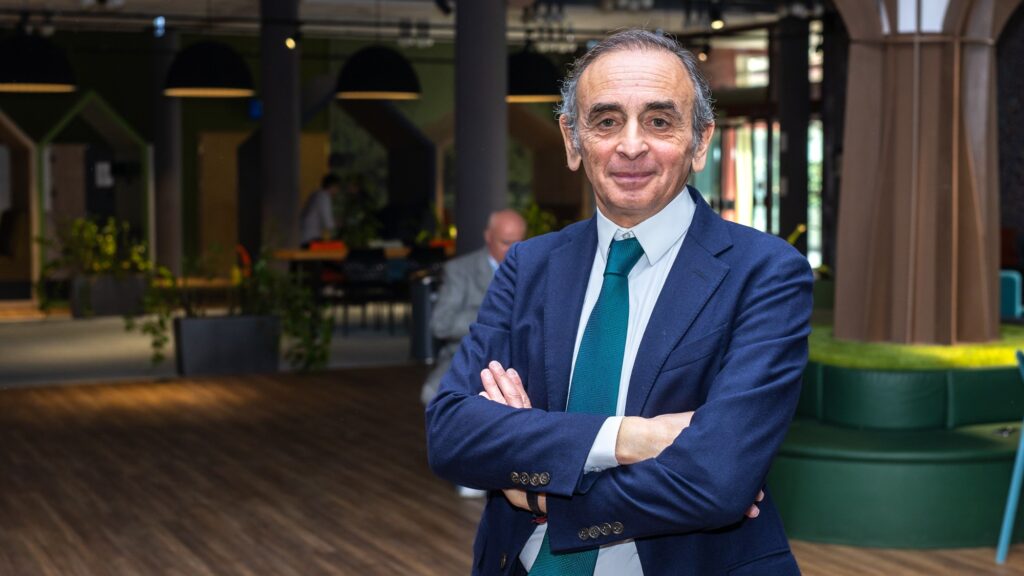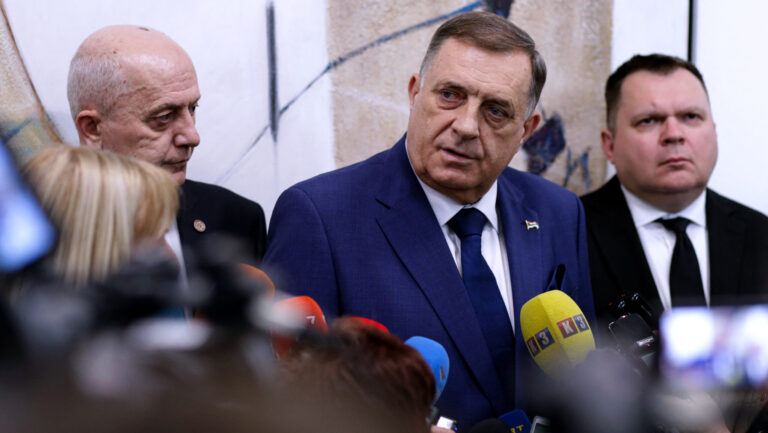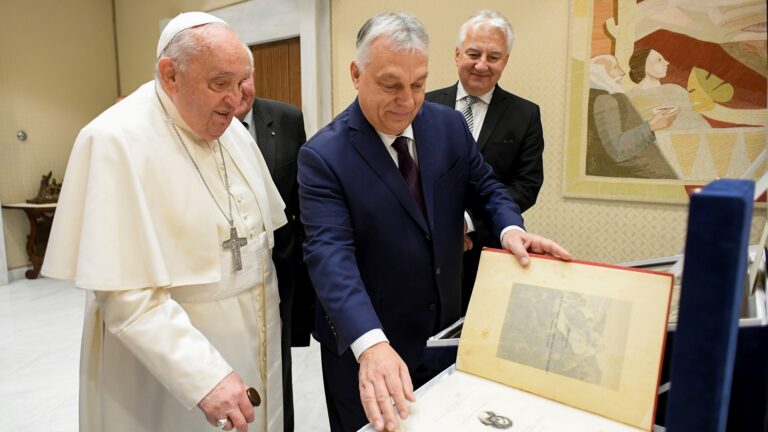President Macron and President Putin have shared a relatively close relationship for some time now, especially compared to the latter’s relations with other Western leaders. When the current French President came into power for the first time, he set it as his goal to better integrate Russia into the multilateral liberal world order, following the French tradition, first introduced by General De Gaulle, of the continental concept of a Europe that stretches as far as the Ural Mountains. Similarly to De Gaulle’s objective which was to create a European pole that cannot be crashed between the two then-superpowers, the United States and the Soviet Union, his successor in 2017 wanted to avoid the same; the only difference being that this time, China has replaced the former Communist superpower as America’s number one rival. Macron, alongside many experts and politicians, has feared a systemic conflict between the US and China that might unfold sometime in the 21st century; instead, what we are experiencing in Ukraine is the result of a still present enmity between the US-led NATO and Russia.
While most of the time Emmanuel Macron appears to be completely in line with the common position represented by the NATO allies and the European Union member states, there are occasions when he dissents, for example with his now famous recent statement that ‘Russia should not be humiliated’, which sparked vivid antipathy against him in the beginning of June, especially in Ukraine. The reason why the French president chose to utter an opinion that he knew would attract criticism is probably because he still has not given up on diplomacy when it comes to Russia, and he would want to restore both political and, presumably and most importantly, economic relations once the hostilities are over.
‘Russia should not be humiliated’
French President Emmanuel Macron has a habit of posing as the leader of Europe, at least when it comes to diplomacy. Indeed, in this current armed conflict between Russia and Ukraine, he remains very active foreign policy-wise, sparing no effort to bring belligerent foes to the negotiating table – but even if he does not succeed there, he does not refuse to sit at one himself. The year 2022, especially the first half of it, was expected to be a busy period for Emmanuel Macron, as not only did he have to manage the French presidency of the Council of the European Union, but he also had to launch a presidential campaign in order to retain his position as Chef d’état, and not long after that to keep his La République En Marche party in majority in the French National Assembly. Although he has failed to achieve the latter, he continues to strive for being known as the one President of the French Republic who succeeded in reshaping the modest foreign policy of the European Union.
President Macron agreed with President Putin on maintaining the dialogue and on engaging in the de-escalation of the situation
Before he even started campaigning for his re-election, he had to have his mind occupied by another issue, namely the Russian build-up by the borders of Ukraine. He found himself in a very opportune position for taking initiative in the name of his European as well as his Euro-Atlantic partners. As a result, on 8 February this year he decided to pay a visit to his Russian counterpart, Vladimir Putin, in order to find out what his plans might be, and how they might affect first of all France, but other allies as well. After the visit there were many reviews speculating on how civilized (literally-speaking) their conversation may have been, yet according to French reports President Macron agreed with President Putin on maintaining the dialogue and on engaging in the de-escalation of the situation unfolding at the borders of Ukraine. Of course, now we know that it was exactly the opposite that Moscow did in the end… However, Macron obviously tried to assume the role of peace moderator, by creating an indirect line of communication between the Russian and the Ukrainian leaderships. In this spirit, right after saying goodbye to Putin, he flew to Kyiv where he had a face-to-face meeting with Volodymyr Zelensky, assuring him no doubt that Russia would most likely not invade.
His hopes, however, proved to be false, as on 24 February Russia did attack Ukraine, which may suggest that Macron’s diplomatic efforts had been completely in vain. Nevertheless, it is important to note in his defence that the French President is a great believer in multi-lateral negotiations and the liberal international order, built upon common values and principles, that are manifested in international organisations and institutions. Well, it turned out that the Russian political establishment is not… In response, France, alongside the other EU member states, immediately assured Kyiv of their assistance, if not in terms of military capabilities, but at first by imposing economic sanctions on Russia and by sending humanitarian aid and defensive military equipment.
Four days into the Russian invasion it was Emmanuel Macron who made it his task to convey the demands of the international community towards Vladimir Putin, which in itself shows that both parties consider him an honest broker when it comes to the West’s relations with Russia. After having presented their main priorities, there was hope for successful peace talks between the foes, but their meeting in Turkey brought no tangible results. Nevertheless, President Macron held on to his profile as the European negotiator that both parties could reach and that is willing to deliver messages whenever necessary. As Paris is rather keen on maintaining the Franco-German tandem, on an occasion in late May, Macron decided to include Chancellor Olaf Scholz in his discussions with the President of Russia. While both European leaders stressed their insistence on respect for Ukraine’s sovereignty and territorial integrity, Vladimir Putin was obviously not impressed, as Russian military operations continued in Ukraine.
Even if Emmanuel Macron is indeed able to keep in touch with his Russian counterpart, he has been unable to influence, or even to predict his behaviour. What is more, there is growing suspicion that the two view the meaning and the importance of their conversations very differently. In fact, on 30 June the French media broadcast a documentary revealing what really took place on the occasion of their call four days before the invasion was launched, and that does not depict a favourable picture of the French party. Basically, President Putin expressed his delusion that the French and their European partners had not managed to convince Zelensky to make concessions. For some reason, Putin implied that he expected Macron to negotiate with the Ukrainians which put the French President into a very difficult position, forcing him into the role of a moderator between the fighting foes.
President Putin expressed his delusion that the French and their European partners had not managed to convince Zelensky to make concessions
As it can be well understood from his leaked talks with President Putin, the latter might not take him as seriously as he would have it. Moreover, his credibility with President Zelensky also diminished significantly following his remarks on how Russia should not be humiliated over Putin’s mistake in Ukraine. Even before that, in mid-June, prestigious French daily Le Monde called France ’Ukraine’s most hated ally.’ Macron’s own name has been turned into a war-slang expression by the Ukrainians: “macronete” (or macroner is French) is a term meaning that someone acts as if they were deeply worried about a situation, but then, they actually do nothing about it. But this mockery seems to miss the point. However horrible the fact that there is a war raging on European soil is, in terms of diplomacy, it is an interestingly turbulent situation that reveals the outstanding importance of personal relationships between leading politicians.

